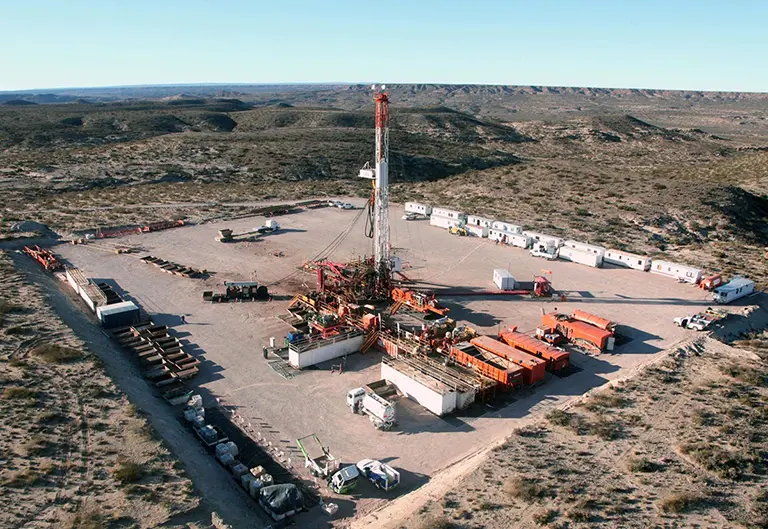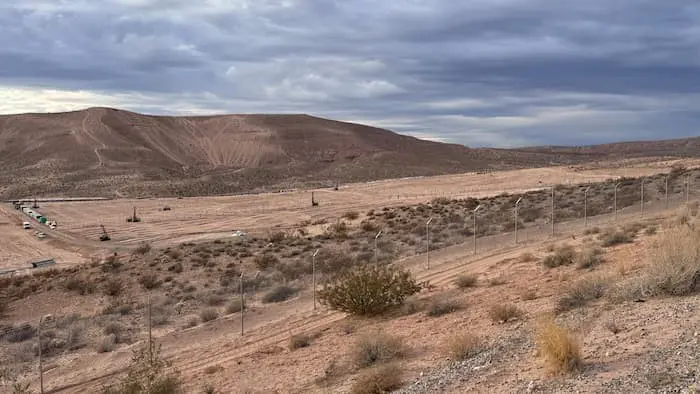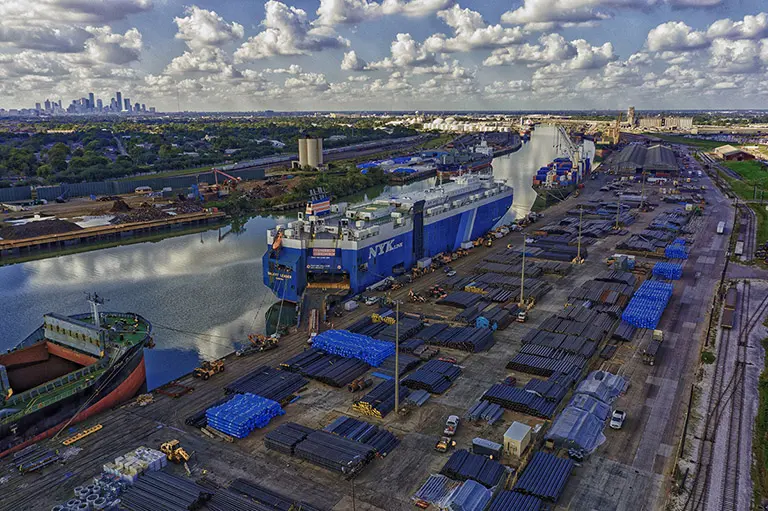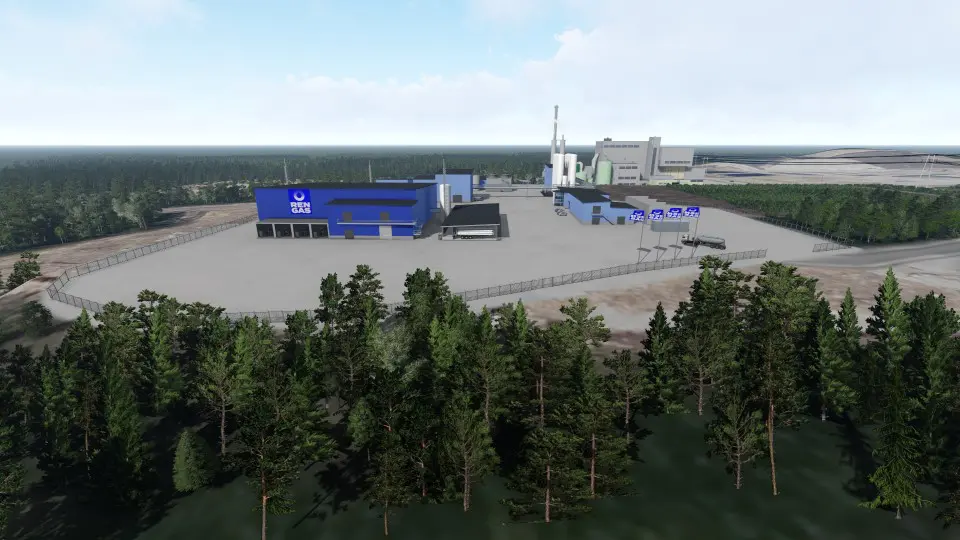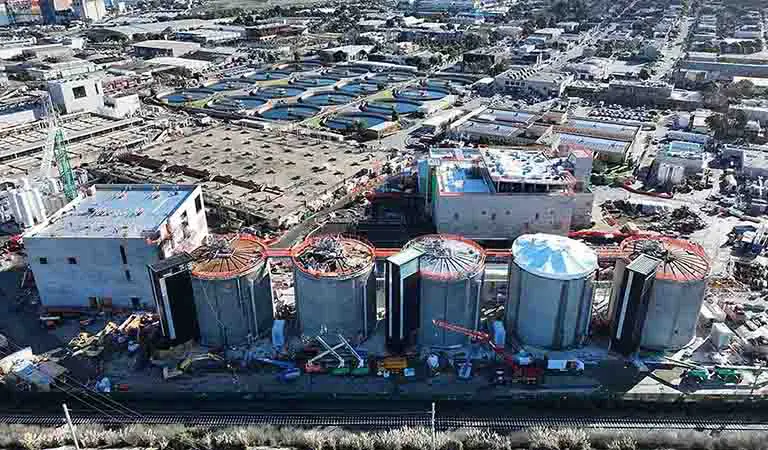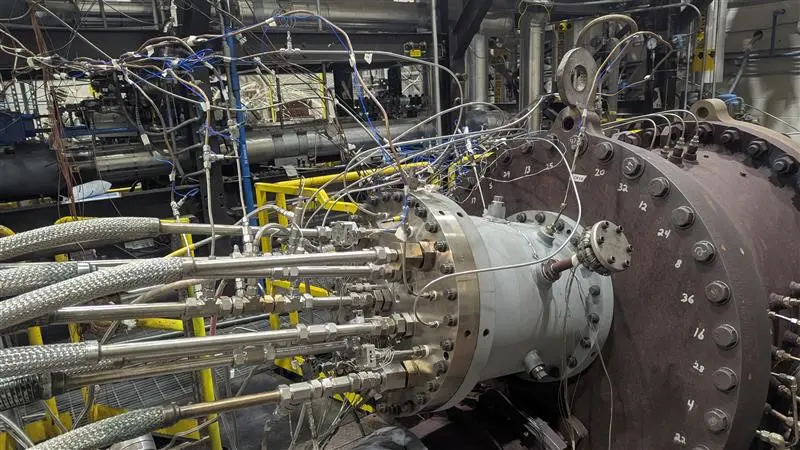
DOE Announces 30 GW Offshore Wind Deployment Target By 2030

A meeting at the White House between Energy Secretary, Jennifer Granholm, and other officials formed a national goal to deploy 30 GW of offshore wind by 2030. The effort is expected to support approximately 77,000 jobs in the industry and surrounding communities, generate electricity to power over 10 million American homes, and cut 78 million metric tons of carbon dioxide (CO2) emissions. This new goal, with additional Department of Energy (DOE) investments, builds on President Biden’s Exeutive Order to address the climate crisis and create American jobs by accelerating the deployment of renewable energy on public lands and waters, including through swift interagency action to advance offshore wind.
“This offshore wind goal is proof of our commitment to using American ingenuity and might to invest in our nation, advance our own energy security, and combat the climate crisis,” said Secretary Granholm. “DOE is going to marshal every resource we have to get as many American companies, using as many sheets of American steel, employing as many American workers as possible in offshore wind energy — to drive economic growth from coast to coast.”
The goal will spur US$12 billion in capital investment annually, leading to the construction of up to 10 new manufacturing plants for offshore wind turbine components, new ships to install offshore wind turbines, and up to US$500 million in port upgrades. Achieving the 2030 goal would support 77,000 jobs, including more than 44,000 workers employed in offshore wind and nearly 33,000 additional jobs in community supported by offshore wind activity. It would also unlock a pathway to deploy 110 GW or more of offshore wind by 2050, supporting 135,000 total jobs, including 77,000 in offshore wind and 58,000 in communities with offshore wind activity.
Scaling Up Offshore Wind Projects
To reach this new goal, DOE’s Loan Programs Office (LPO) released a fact sheet to facilitate access for up to US$3 billion in funding through LPO’s Title 17 Innovative Energy Loan Guarantee Program. LPO is open for business and ready to partner with offshore wind and offshore transmission developers, suppliers, and other financing partners to scale the US offshore industry and support good-paying jobs.
Advancing Wind R&D Solutions
DOE also announced US$8 million for 15 new offshore wind research and development (R&D) projects through the National Offshore Wind R&D Consortium. The selections include projects to develop innovative support structures, support US-based supply chains needed for wind turbine production, advance electrical systems innovation, and present solutions for impacts on wildlife and radar.
DOE established the National Offshore Wind R&D Consortium in 2018 to address research priorities for offshore wind as defined in the National Offshore Wind Strategy, which was developed jointly by DOE and Department of the Interior (DOI). DOE selected the New York State Energy Research and Development Authority (NYSERDA) to administer the consortium, with DOE and NYSERDA each providing US$20.5 million to fund research projects that lower the costs of US offshore wind. State agencies in Maine, Maryland, Massachusetts, and Virginia have since joined the consortium, resulting in a total investment of around US$47 million.
Protecting Coastal Communities
DOE and the Department of Commerce jointly announced a new partnership through the Northeast Sea Grant program that will fund US$1.25 million in research into the impacts of ocean-based renewable energy — such as offshore wind, wave, current, and tidal energy — on the fishing industry and Northeastern coastal communities.
As part of this venture, DOE’s Wind Energy Technologies Office and Water Power Technologies Office, NOAA’s Northeast Fisheries Science Center, and the Northeast Sea Grant Consortium will collectively tap into local expertise to better understand how to align ocean renewable energy deployment and technology development with community values. The program has released a co-funded Request for Proposals for social science and technology research that explores the impacts ocean renewable energy will have on community resilience and economies. Higher education institutions in Connecticut, Maine, Massachusetts, New Hampshire, New York, and Rhode Island are eligible to apply.

